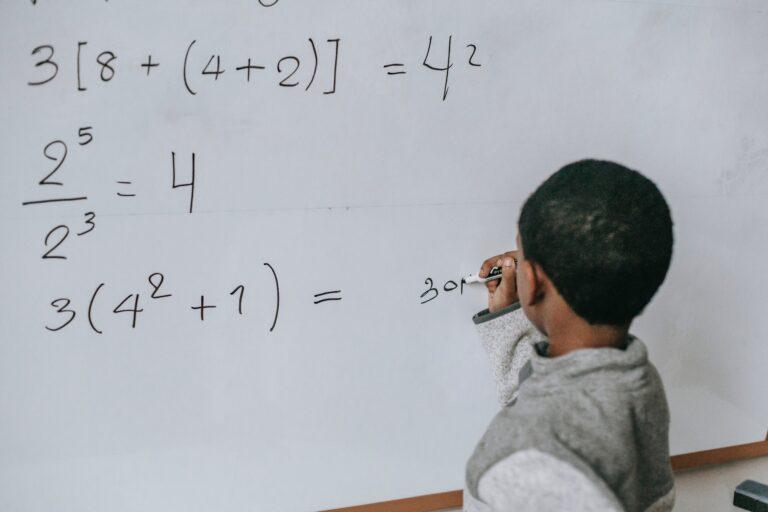Child abuse cases increase as COVID-19 pandemic continues

The COVID-19 pandemic has led to an increase in child abuse cases, including physical abuse, sexual abuse and neglect. Cases of neglect have recorded the highest reports, with 1,306 incidents reported to the National Child Registry between April and June of 2021. There were also 773 incidents of physical abuse over the same period.
According to Judine Webb-Brown, children’s officer at the Child Protection and Family Services Agency, the most common cases this year include child neglect and sexual abuse. “Mothers go out to parties… that’s what we hear a lot; they go out to parties and leave the children by themselves,” said Webb-Brown, when talking about common cases.
She mentioned that the cases of physical abuse have also increased in 2021 and attributed this increase to the lack of parenting skills in dealing with conflict and social circumstances. This often led to the abuse of the child as an outlet. “In studying human behaviour, we know that when there are limited resources, when things get tough, not a lot of persons have the training or the capacity to handle these stressors and so they vent on the first outlet that they find and that includes small children in the home,” said Webb-Brown. She noted that often the parents are remorseful because they were really overwhelmed.
Research from UNICEF Jamaica and the Caribbean Policy Research Institute (CAPRI) has indicated that 15 percent of their respondents reported an increase in spanking and hitting since the COVID-19 pandemic. There was also a 20 percent increase in cases of shouting, yelling or screaming at children, since the start of the pandemic.

Webb-Brown added that there are not many reports of educational neglect by parents. She noted that this was due to online schooling. “I know, for the most part, that there is the internet issue, a lot of persons will say they are not going to school because of the internet but when we hear from the parents themselves, they can show that they collected the books at school,” said Webb-Brown.
The child officer said that there were challenges but parents had been making an effort. Webb-Brown added that the lack of reports about educational neglect might be caused by the fact that students are not attending school physically, and so guidance counsellors do not have an opportunity to report their prolonged absence.
The Child Protection and Family Services Agency had provided tablets for 98 percent of the children under their supervision. The agency had also collected the physical materials for students who did not have internet access and provided internet access for the children’s homes. “I know that the school, the agency and other supporting agencies were making an effort to bridge the gap to ensure that children have devices,” said Webb-Brown.
Signs of physical and sexual abuse that concerned citizens can look out for include: unexplained burns, bites, bruises, broken bones, black eyes, unusual reserve, a frightened child, bad personal hygiene, begging, stealing, frequent absence from school, alcohol or other drug abuse, difficulty walking or sitting. Nightmares and sudden bedwetting are red flags for parents or guardians.
“It is our responsibility to report cases of known or suspected child abuse. The Child Care and Protection Act states that if you suspect, you have a duty to report,” said Webb-Brown.
In reporting cases, citizens can call 888-PROTECT (776-8328). There is a Whatsapp or text line, which is 876-878-2882. Citizens can also send to report@childprotection.gov.jm. Reports can be made anonymously.






